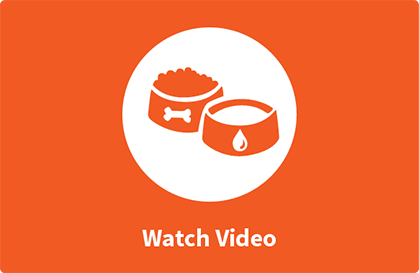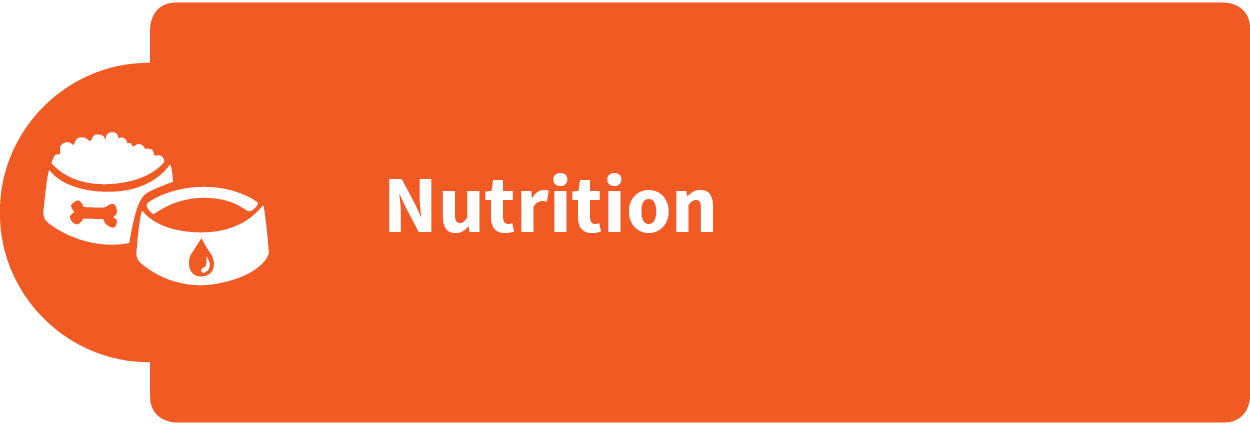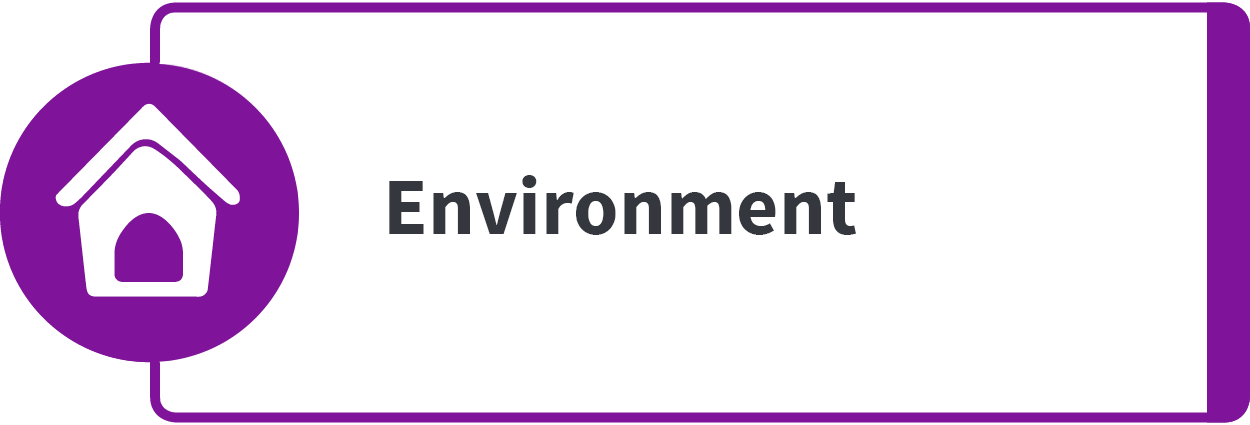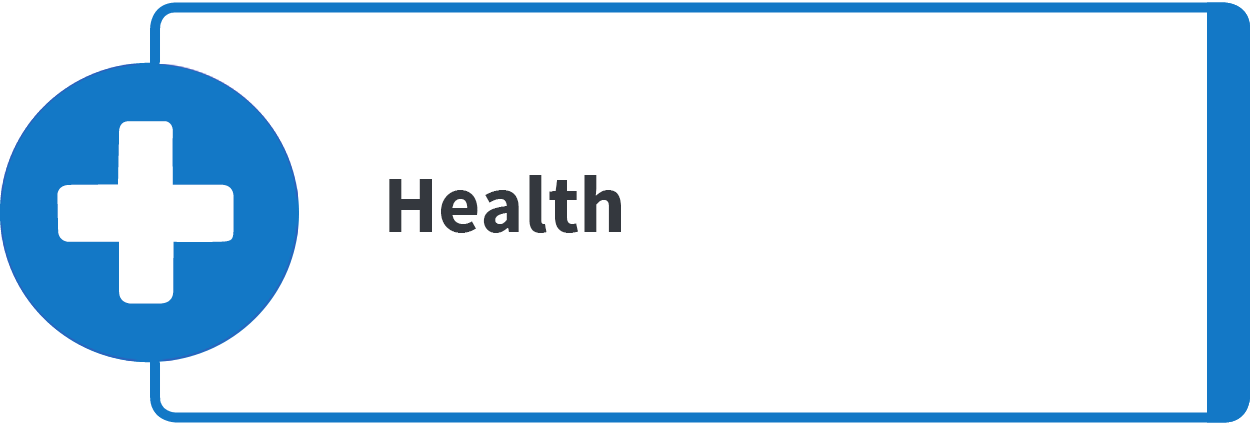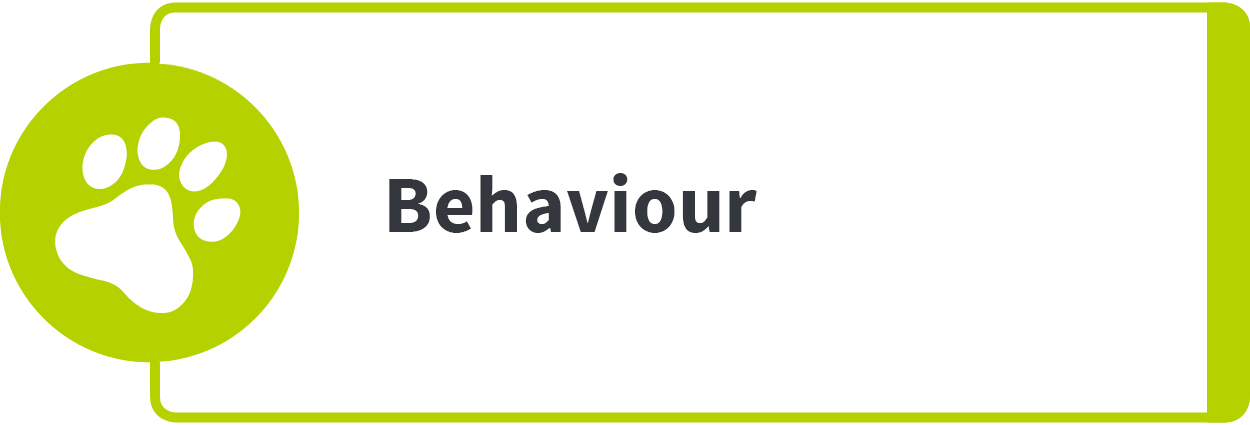Nutrition
All cattle must have access to clean water and a well-balanced, nutritious diet. Proper nutrition provides cattle with their most basic needs allowing them to remain in good health and full of energy. This is a basic and vital need for cattle, just as it is for all animals.
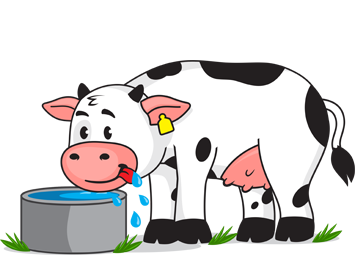
Did you know that there is a special law protecting animals?
This law is called the Animal Welfare Act. The Animal Welfare Act outlines how people must take care of and act towards animals in New Zealand. The Ministry for Primary Industries (MPI), the Police and SPCA work together to make sure people in New Zealand follow these laws.
Under the Animal Welfare Act, all animal guardians (owners) are responsible for making sure the welfare needs of animals in their care are met. Learning about the Five Domains helps us to understand these welfare needs and how we can make sure we provide these. One of the Five Domains is Nutrition. In this section you will learn about this domain and how you can make sure your cattle have what they need for good nutrition.

















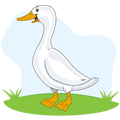
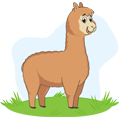
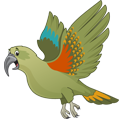
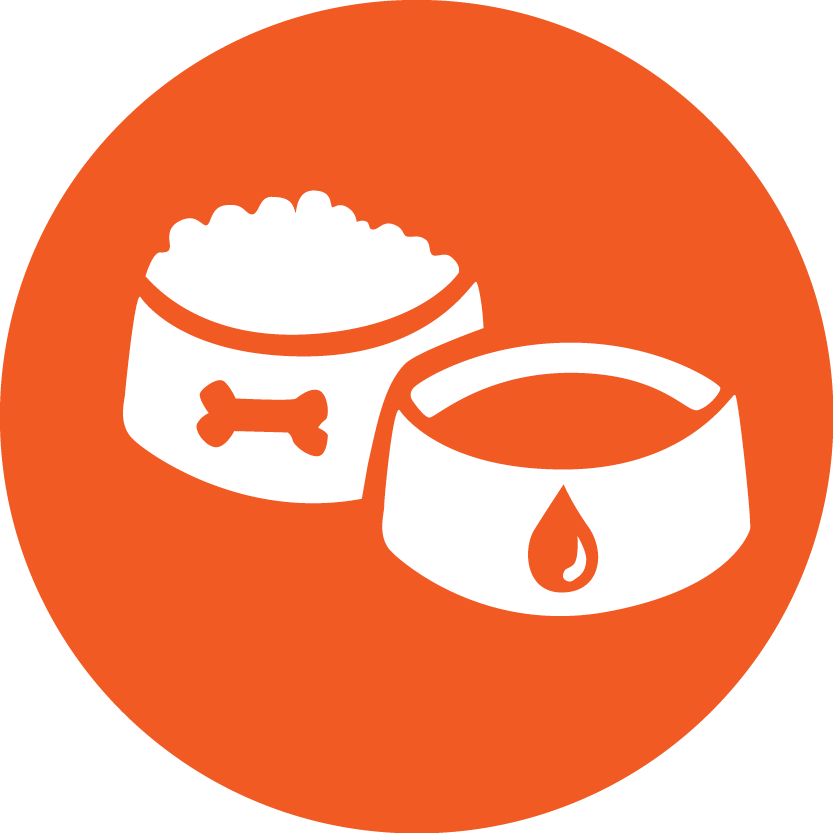
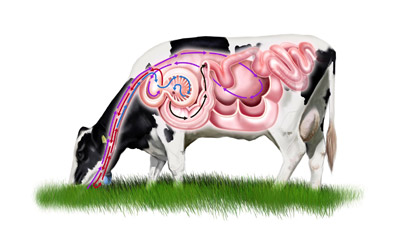 Cattle are herbivores, meaning they eat only plants. Cattle have a really interesting way of eating and digesting their food. You might notice your cattle chewing their food, swallowing it, then regurgitate the food and chewing it all over again. The special name for an animal that digests their food in this way is called a ruminant, and when they are standing/lying “chewing their cud,” or the regurgitated food – this is called rumination.
Cattle are herbivores, meaning they eat only plants. Cattle have a really interesting way of eating and digesting their food. You might notice your cattle chewing their food, swallowing it, then regurgitate the food and chewing it all over again. The special name for an animal that digests their food in this way is called a ruminant, and when they are standing/lying “chewing their cud,” or the regurgitated food – this is called rumination.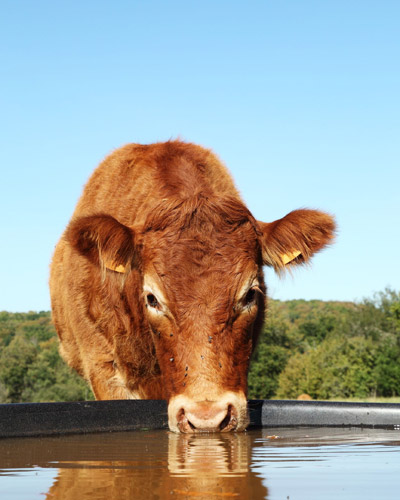 Cattle need a lot of water, especially when it is hot. Some cattle will drink over 75 litres a day!
Cattle need a lot of water, especially when it is hot. Some cattle will drink over 75 litres a day!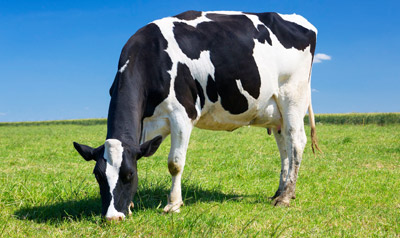 The main part of cattle's diet should be pasture, and a mix of different things, including grasses, clover and other pasture plants. Cattle love pasture and grass and can graze up to nine hours a day! If you have good quality pasture and lots of it, then your cattle will only need a diet of pasture/grasses and a small amount of hay occasionally.
The main part of cattle's diet should be pasture, and a mix of different things, including grasses, clover and other pasture plants. Cattle love pasture and grass and can graze up to nine hours a day! If you have good quality pasture and lots of it, then your cattle will only need a diet of pasture/grasses and a small amount of hay occasionally.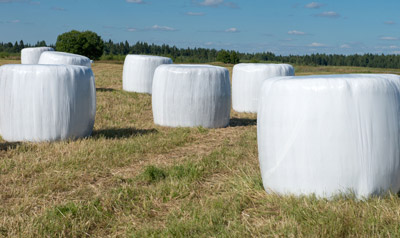
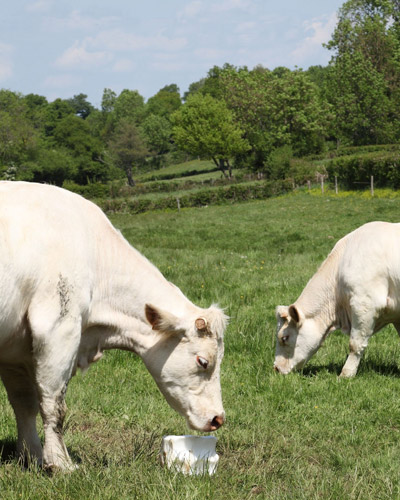 As cattle eat mainly pasture and other roughage (hay or grain), they do not always get all the nutrients they need to be healthy from their food. In this case, it is sometimes recommended you give your cattle a mineral licks/blocks.
As cattle eat mainly pasture and other roughage (hay or grain), they do not always get all the nutrients they need to be healthy from their food. In this case, it is sometimes recommended you give your cattle a mineral licks/blocks.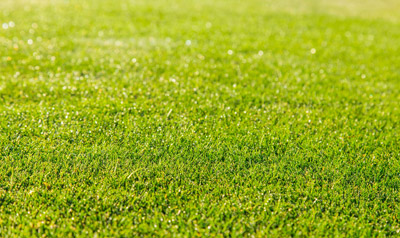 Cattle eat a lot of grass/pasture, so you will also need to look after your pasture to make sure it is enough for your cattle to eat. If your cattle have finished eating much of the pasture in one area, ideally you should have another area of pasture that they can have access to graze on.
Cattle eat a lot of grass/pasture, so you will also need to look after your pasture to make sure it is enough for your cattle to eat. If your cattle have finished eating much of the pasture in one area, ideally you should have another area of pasture that they can have access to graze on.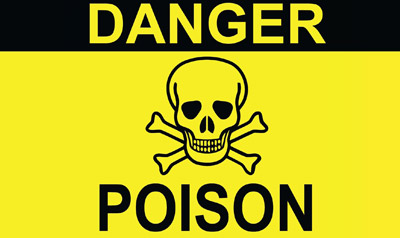 There are many plants found on paddocks and pastures in New Zealand that are poisonous to livestock. It is important to identify plants on your property, so you can check if it is a danger to your cattle.
There are many plants found on paddocks and pastures in New Zealand that are poisonous to livestock. It is important to identify plants on your property, so you can check if it is a danger to your cattle.